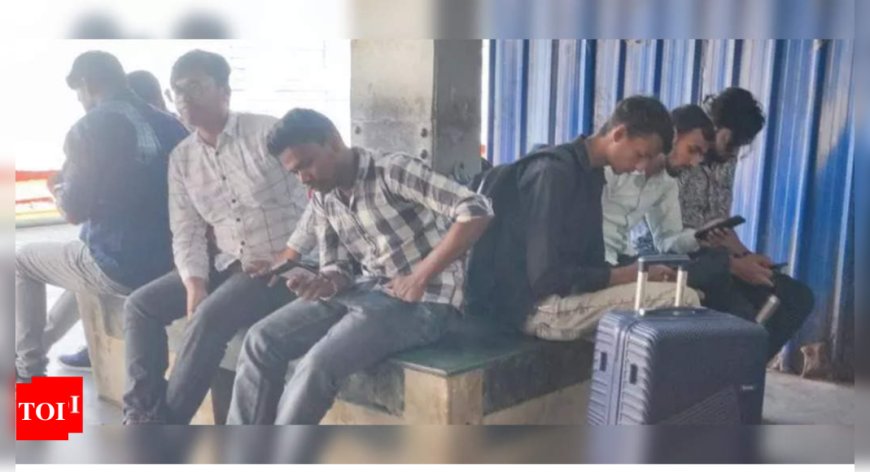'How can we trust them?': Nepalese students fear returning to KIIT after forced eviction over suicide protest
Nepalese students were forcibly evicted from Kalinga Institute following protests over the alleged suicide of a fellow student, Prakriti Lamsal, which raised concerns about ignored blackmail complaints. Despite interventions and apologies, many students remain fearful and skeptical about returning to campus.

How Can We Trust Them? Nepalese Students Fear Returning to KIIT After Forced Eviction Over Suicide Protest
News by dharmyuddh.com
Introduction
The recent events surrounding the Nepalese students at Kalinga Institute of Industrial Technology (KIIT) have raised serious concerns regarding their safety and well-being. Following a protest that tragically ended with a suicide, these students were forcibly evicted, leaving many questioning their trust in the institution’s administration. This article delves into the implications of these actions and explores the students' fears about returning to campus.
The Incident Overview
On a fateful day, a protest erupted among Nepalese students at KIIT, stemming from unresolved grievances regarding mental health support and perceived negligence from the administration. The situation escalated when one student, overwhelmed by circumstances, took their own life. This heartbreaking event ignited a wave of protests, demanding accountability and change.
Forced Eviction and Its Impact
In a shocking turn of events, the university administration responded to the protests with forceful evictions of several students involved. This action not only exacerbated tensions but also instilled a profound fear among the student community regarding their safety and the administration’s commitment to their welfare. Many students now express deep distrust and anxiety about returning to KIIT.
Student Voices and Concerns
The students have voiced their concerns in various forums, emphasizing the need for action rather than silence. The fear of retaliation and the lack of effective communication from the administration have created a hostile environment. Former students describe their experiences, highlighting the disconnection between the administration’s promises and the actual support offered.
Call for Transparency and Accountability
Students are now demanding more transparency and accountability from the university. They urge management to foster a safe environment conducive to learning and personal growth. Activists and alumni are rallying to support the affected students, calling for institutional reforms that prioritize mental health and student safety.
Conclusion
As the situation develops, the Nepalese students continue to navigate the challenges posed by their environment. Their calls for trust, safety, and accountability reflect a broader need for educational institutions to prioritize the well-being of their students. The issue at KIIT serves as a wake-up call for universities everywhere to reassess their policies and engage with student concerns seriously.
For more updates, visit dharmyuddh.com. Keywords: Nepalese students KIIT protest, forced eviction students, suicide protest KIIT, student safety concerns, mental health support universities, accountability in higher education, Nepalese student community news, KIIT administration response, trust issues in education, student welfare reforms







